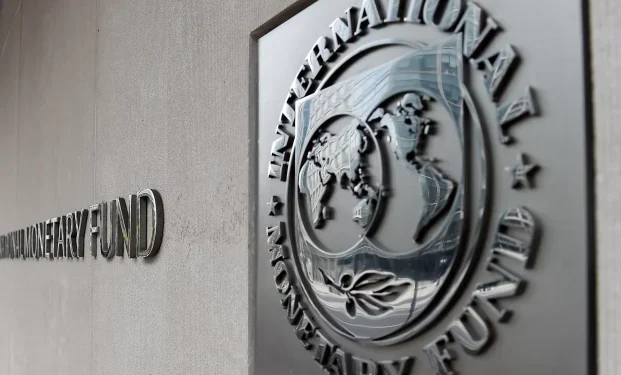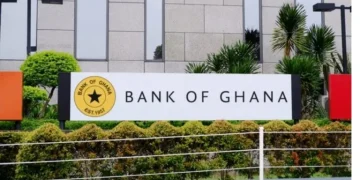IMF and Congo Reach Staff-Level Agreement on ECF and RSF Programme Reviews
A staff team from the International Monetary Fund (IMF), led by Calixte Ahokpossi, Mission Chief for the Democratic Republic of Congo (DRC), has reached a staff-level agreement with Congolese authorities on the second review of the country’s Extended Credit Facility (ECF) and the first review of the Resilience and Sustainability Facility (RSF).
The agreement, announced at the end of an IMF mission to Kinshasa and the Haut-Katanga province from October 22 to November 5, 2025, remains subject to approval by IMF management and the Executive Board, with consideration expected in December 2025.
Economic Performance and Policy Developments
According to the IMF mission, the DRC’s economy continues to demonstrate resilience, with real GDP growth projected to exceed 5 percent in both 2025 and 2026, driven largely by strong performance in the extractive sector.
External stability has also improved, supported by the accumulation of international reserves and a narrowing current account deficit, though reserves remain below the recommended adequacy threshold for import coverage.
The Central Bank of the Congo (BCC) recently lowered its policy rate to 17.5 percent in October 2025, down from 25 percent in August 2023, amid easing inflationary pressures. Year-on-year inflation declined sharply to 2.5 percent in October 2025—well below the BCC’s 7 percent target—helped by the appreciation of the Congolese Franc and improved monetary management.
The IMF mission encouraged authorities to strengthen transparency and coordination between fiscal and monetary policies to preserve price stability and deepen confidence in the financial system.
Fiscal Position and Reforms
The Fund acknowledged that while ongoing conflicts in Eastern DRC have strained public finances, fiscal performance remained broadly within targets, thanks to strong revenue collection, savings from reduced operational expenses, and reprioritized investment spending.
Efforts to streamline fuel subsidies in the mining sector and enhance domestic revenue mobilization helped contain the domestic fiscal deficit below the programmed ceiling as of mid-2025. The mission underscored the importance of continued fiscal discipline to create space for priority spending, particularly health-related interventions in response to the Ebola outbreak in the Kasai region.
The draft 2026 Budget, the IMF noted, maintains focus on fiscal sustainability by reducing non-priority spending and implementing new revenue measures, including the rollout of a standardized VAT invoicing system and the gradual elimination of certain tax exemptions.
Structural and Governance Reforms
Progress on structural reforms remains strong, particularly in public financial management. Authorities have advanced the operationalization of the Treasury, decentralization of spending authorization, and the establishment of a Treasury Single Account. However, the IMF cautioned that the frequent use of emergency spending procedures continues to pose challenges to fiscal discipline.
The mission also urged the government to intensify efforts to strengthen governance, transparency, and anti-corruption measures—especially in the extractive sector—to improve the investment climate and support inclusive growth.
Climate-Related Reforms under RSF
The IMF welcomed the timely implementation of key reform measures under the Resilience and Sustainability Facility, including the completion of a quantitative analysis of fiscal risks from climate shocks, now annexed to the draft 2026 Budget Law. The authorities also finalized a national disaster risk management policy ahead of schedule.
Mr. Ahokpossi commended the authorities for their “constructive engagement and strong commitment to macroeconomic stability and reform,” adding that maintaining the reform momentum will be crucial for sustaining economic resilience and achieving inclusive, climate-resilient growth in the DRC.








